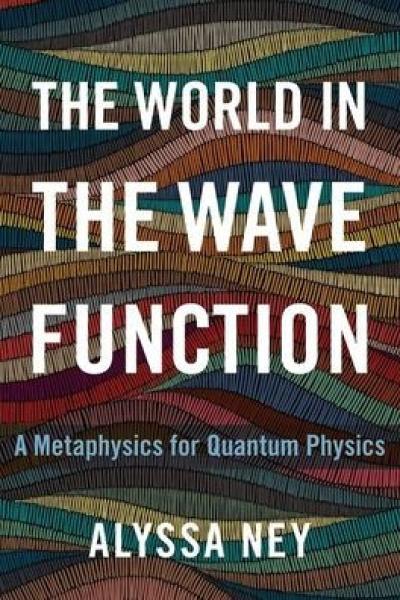Description
has yet to emerge. Many still wonder about what these theories may be telling us about ourselves and our place in the universe.
Alyssa Ney here defends and develops a particular framework for understanding the world as it is described by quantum theories. This framework was initially suggested by Schr�dinger in the 1920's and was further defended as an account of reality by two philosophers of physics in the 1990's who
described it as a necessary point of view for those who argue that quantum theories are correct representations of our world. This framework is called wave function realism, which interprets quantum theories such that its central object is the quantum wave function, interpreted as a field on an
extremely high-dimension space. This theory views us, and all objects, as ultimately constituted out of the wave function, and though we seem to occupy three dimensions, the fundamental spatial framework of quantum worlds consists of many more dimensions. Alyssa Ney argues for and advances this
view, with the goal of making a case for how this theory how it might be applied to more other relativistic quantum theories, including quantum field theories. Her conclusion develops an account of how we as human beings might ultimately see ourselves and the objects around us as constituted out of
the wave function.
"What are the ontological implications of quantum theories, that is, what do they tell us about the fundamental objects that make up our world? How should quantum theories make us reevaluate our classical conceptions of the basic constitution of material objects and ourselves? Is there fundamental quantum nonlocality? This book articulates several rival approaches to answering these questions, ultimately defending the wave function realist approach. It is a way of interpreting quantum theories so that the central object they describe is the quantum wave function, interpreted as a field, and that the nonseparability and nonlocality we seem to find in quantum mechanics are ultimately manifestations of a more intuitive, separable and local picture in higher dimensions. quantum mechanics, quantum field theory, wave function, wave function realism, measurement problem, macro-object problem, primitive ontology, quantum entanglement, quantum nonlocality, quantum ontology"--
Product Details
- Oxford University Press, Brand
- Apr 16, 2021 Pub Date:
- 019009771X ISBN-10:
- 9780190097714 ISBN-13:
- 288 Pages
- 5.8 in * 8.4 in * 1 in Dimensions:




